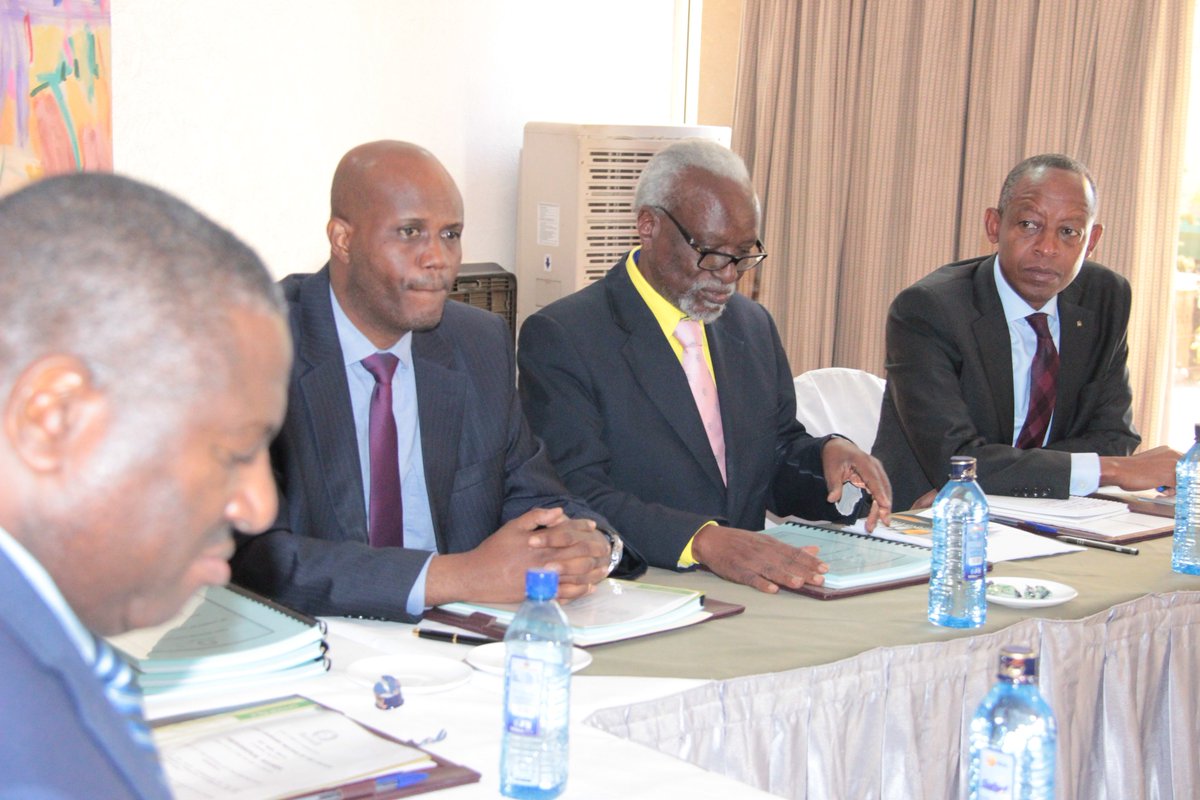The IFMS has been implemented in a phased manner to ensure success and to provide GOU with a process of effectively and efficiently managing the transition from the current state to the future desired state.
The Government of Uganda wanted to implement an Integrated Financial Management System for their geographically dispersed local governments.
With IFMS, the Government of Uganda has gained many advantages, such as – real-time access to information about grants from different sources, increased efficiency, enhanced visibility of taxation requirements, quick and effective decision making, hassle free procurement process, improved budgeting and streamlined revenue management, compliance with reporting, and automated accounting processes.
Some of the key Principles applied were: i. Central Acquisition of the system adopted ii. Central Management of the system agreed on iii. Decentralised ownership of data iv. A Turnkey Concept was adopted.
Based on the foregoing, there is no doubt that the IFMS will contribute significantly to existing efforts aimed at improving Public Expenditure Management. Ideally, realisation of the full benefits of the IFMS, hinges on ensuring that all transactions are captured on real-time basis. Deepening of the system has therefore been a major point of focus. However, in cases where the User departments are geographically dispersed, we have faced the prospect of substantially increased costs for the communication and information infrastructure required. In such cases, we have had to opt for a manual data transmittal as a stop-gap measure. A highly structured system requires also highly structured data input as well as systematic business processes. This entails careful assignment of responsibilities and approval hierarchies. IFMS responsibilities were developed based on the existing GoU structures and approval hierarchy. Where it was deemed necessary re-engineered processes were introduced and have since been adopted into the IFMS.
The IFMS also has far-reaching implications for improving management information for decision-making. The system has a range of standard reports that can be accessed by management. At the same time, it has capability for customised reports using the Oracle Discoverer tool and other Reporting and Analysis tools.
Over the Pilot period, we have experienced quite a few downtimes. Some of these are scheduled and therefore dully notified before they occur. Others have been imposed on us, and arose from either application failure or other unforeseen system lapses. Yet others might have been site-specific; arising for example from power failure. Another area of interest relates to structures, staffing and skills.
The IFMS has introduced a range of new practices and therefore new skill requirements. Changes in workflow might result in the requirements to adapt the organisational structure. We need to ensure that the new processes can support the organisation effectively.
To this end, a comprehensive review of the staffing requirements of all Central Accounting Units was undertaken. Findings reveal that some functions are understaffed while others are overstaffed. Accounting Officers have been advised to internally re-deploy pending approval of new structures by the Ministry of Public Service.



